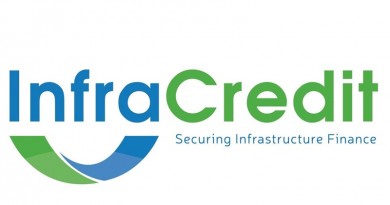Cost of transportation in Nigeria rose significantly year-on-year in the month of August 2023
The National Bureau of Statistics (NBS) reported that the cost of transportation climbed considerably in August 2023 in its most recent Transport Fare Watch. Bus fares in the city rose on a year-over-year basis by 121.81%, from N602.48 in August 2022 to N1,336.38 in August 2023. Similar to this, commuters’ average fare for intercity bus travel increased by 56.6% annually, from N3,779.96 in August 2022 to N5,918.18 in August 2023.
The elimination of gasoline subsidies may be to blame for the rising expense of transportation. Although the development is anticipated to strengthen the government’s financial situation, it places a significant financial strain on the populace. Without major government intervention, the proportion of impoverished Nigerians may rise as a result of increased transportation expenses.
Due to businesses passing on their increased transportation costs to customers in the form of higher pricing, the high transportation costs also add to the economy’s inflationary pressures. There is an urgent need for the government to put social protection plans into place, especially for the households that are most vulnerable, and to periodically update the public on the progress of the programmes in order to lessen the impact of the high cost of transportation on the standard of living.
Additionally, the subsidy savings should be used to fund transportation infrastructure as well as other essential infrastructure like health and education, which will enhance the standard of living for the typical Nigerian.



